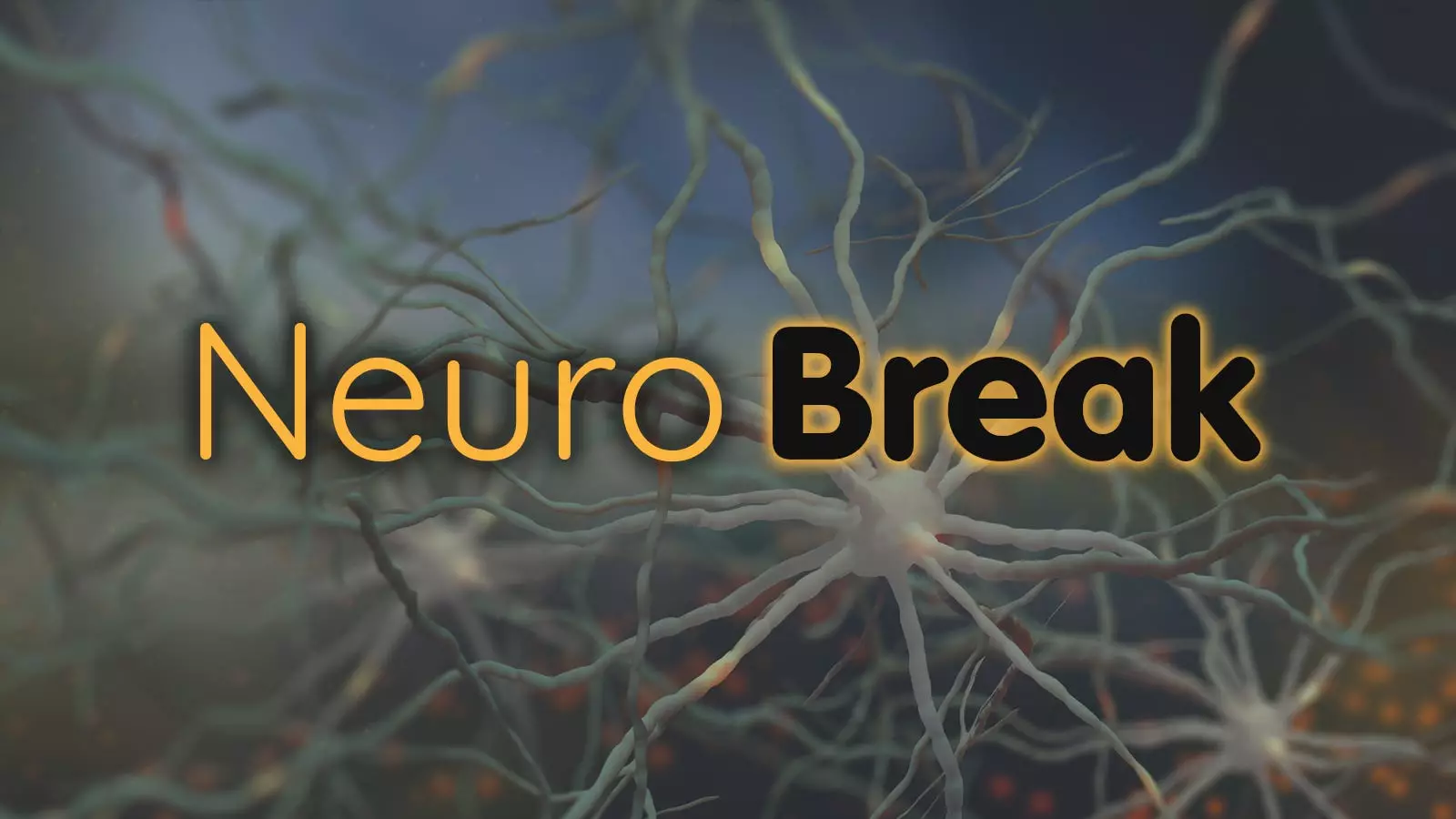Neurosurgery has witnessed remarkable advancements in recent years. One notable development is the use of an acrylic window embedded in a prosthetic skull piece, allowing doctors to use ultrasound technology to peer inside the patient’s head. This innovative technique provides surgeons with a non-invasive means of monitoring the patient’s condition post-surgery.
A woman’s personal journey to understand her chronic fatigue syndrome (CFS) has led to a significant breakthrough in the field of neurology. Her tireless efforts shed light on the role of the WASF3 protein in myalgic encephalomyelitis/chronic fatigue syndrome (ME/CFS). This discovery opens new avenues for understanding and potentially treating this debilitating condition.
A comprehensive meta-analysis has revealed the detrimental effects of post-stroke seizures on patient outcomes. The study found a strong association between these seizures and increased mortality risk, poor functional outcomes, disability, and dementia. These findings highlight the importance of early intervention and developing targeted therapies to mitigate the negative consequences of post-stroke seizures.
New guidelines recommend that individuals diagnosed with amyotrophic lateral sclerosis (ALS) should undergo genetic testing. This testing should include analyzing the C9orf72 gene and sequencing SOD1, FUS, and TARDBP genes. By identifying specific genetic factors, healthcare professionals can provide more accurate prognoses and tailored treatment strategies for patients with ALS.
Recent advancements in artificial intelligence have revolutionized neurology by enabling the prediction of various medical conditions, including Parkinson’s disease. Utilizing retinal images, an AI tool can assess an individual’s risk of developing this neurodegenerative disorder. This breakthrough could lead to earlier diagnoses and more effective interventions, ultimately improving patient outcomes.
A recent study has demonstrated that surgical intervention for scoliosis in children with cerebral palsy not only addresses spinal deformities but also reduces mortality rates. By alleviating the physical burden and enabling better mobility, surgery can significantly improve the overall well-being and life expectancy of these young patients.
Research indicates a notable decline in financial wealth among individuals with probable dementia in the decade preceding their diagnosis, as compared to a control group without dementia. These findings emphasize the need for early detection and measures to ensure financial security for those at risk of developing dementia.
Exciting developments have taken place in the realm of neurological software and therapies recently. The FDA has cleared the AIRAscore brain volumetry software, offering neurologists and surgeons a powerful tool to assist in diagnosing and monitoring brain conditions. Additionally, the FDA amended the boxed warning for pimavanserin (Nuplazid), clarifying its use in treating Parkinson’s disease-related hallucinations and delusions. Furthermore, the implementation of a telehealth program has shown promise in improving patient outcomes and reducing Medicare costs for individuals with dementia.
Researchers investigating neurodegenerative diseases such as Parkinson’s and Alzheimer’s have identified the presence of circular RNA in damaged brain cells. This finding provides valuable insights into the underlying mechanisms of these conditions and may pave the way for the development of targeted therapies and biomarkers for early detection.
The political realm has also been touched by neurodegenerative diseases. Representative Jennifer Wexton, originally diagnosed with Parkinson’s disease, now faces the challenge of progressive supranuclear palsy. This unfortunate diagnosis has influenced her decision not to seek reelection in 2024, shedding light on how personal health struggles can impact an individual’s career choices.
The field of neurology and neurosurgery continues to make impressive advancements that significantly impact patients’ lives and our understanding of various neurological conditions. From revolutionary surgical techniques to groundbreaking discoveries in genetic testing and artificial intelligence, these developments offer hope for improved diagnosis, treatment, and outcomes for individuals living with neurological disorders. It is a testament to the relentless pursuit of knowledge and innovation within the field, with the ultimate goal of enhancing the quality of life for patients.


Leave a Reply